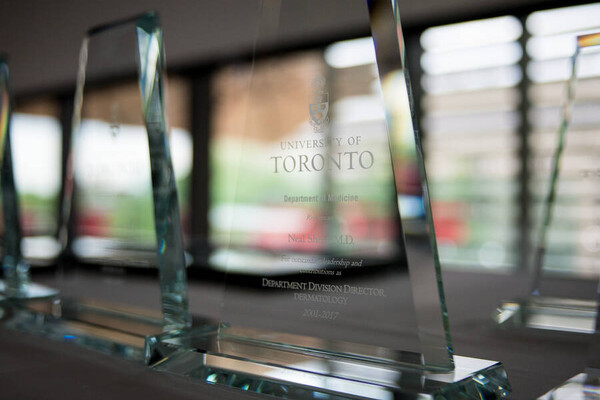Main Second Level Navigation
Nov 30, 2020
Chair’s Column: Let’s get to know one another
Cardiology, Clinical Immunology & Allergy, Clinical Pharmacology & Toxicology, Division of Dermatology, Emergency Medicine, Endocrinology & Metabolism, Faculty, Gastroenterology & Hepatology, General Internal Medicine, Geriatric Medicine, Hematology, Infectious Diseases, Medical Oncology, Nephrology, Occupational Medicine, Neurology, Physical Medicine & Rehabilitation, Respirology, Rheumatology, Palliative Medicine



